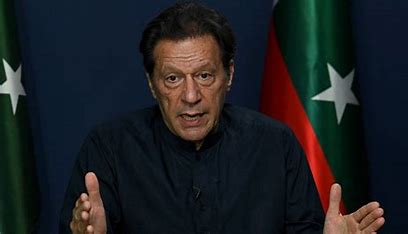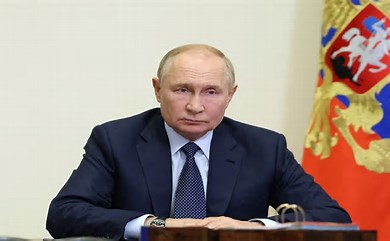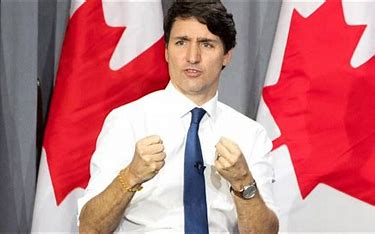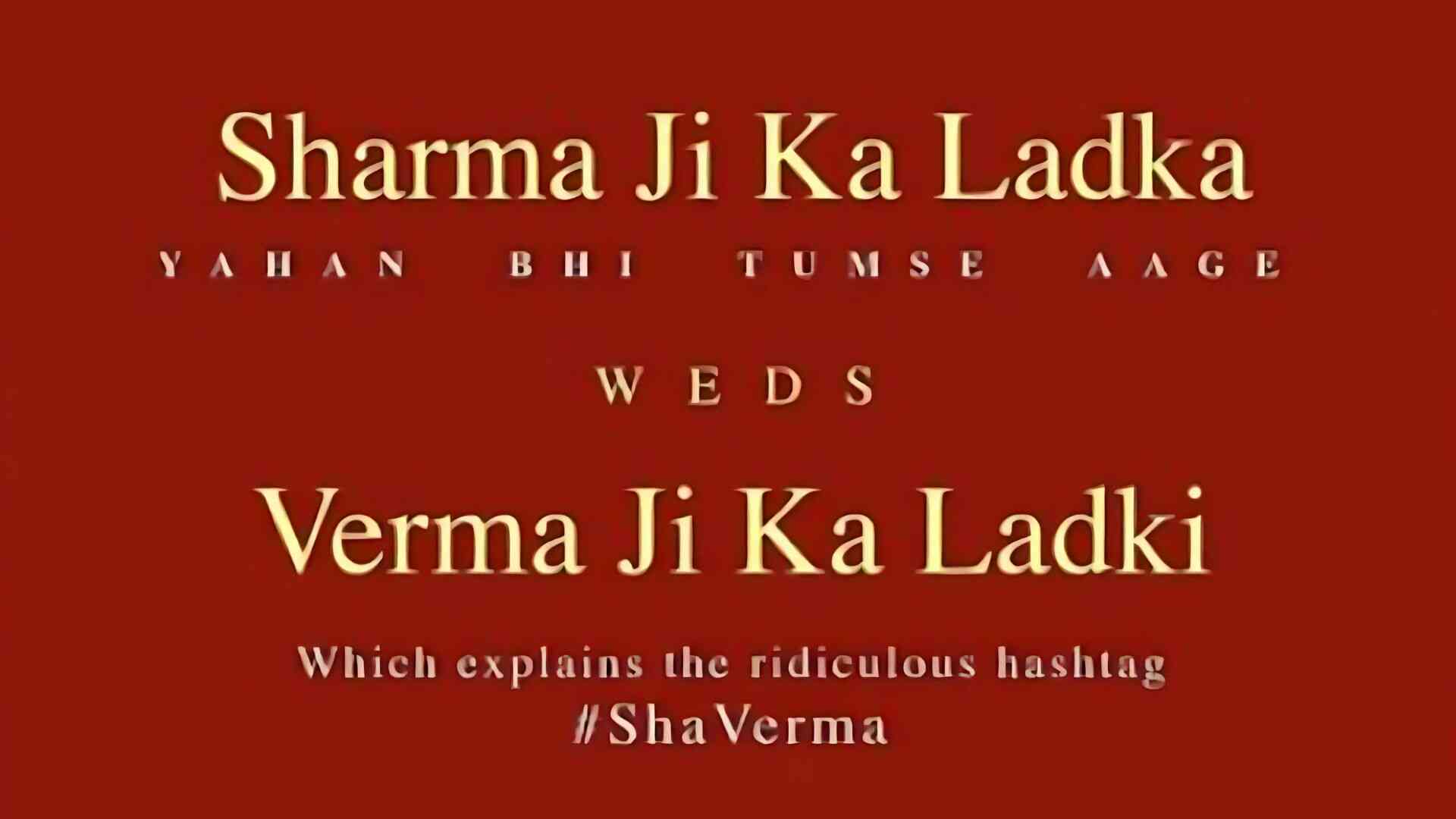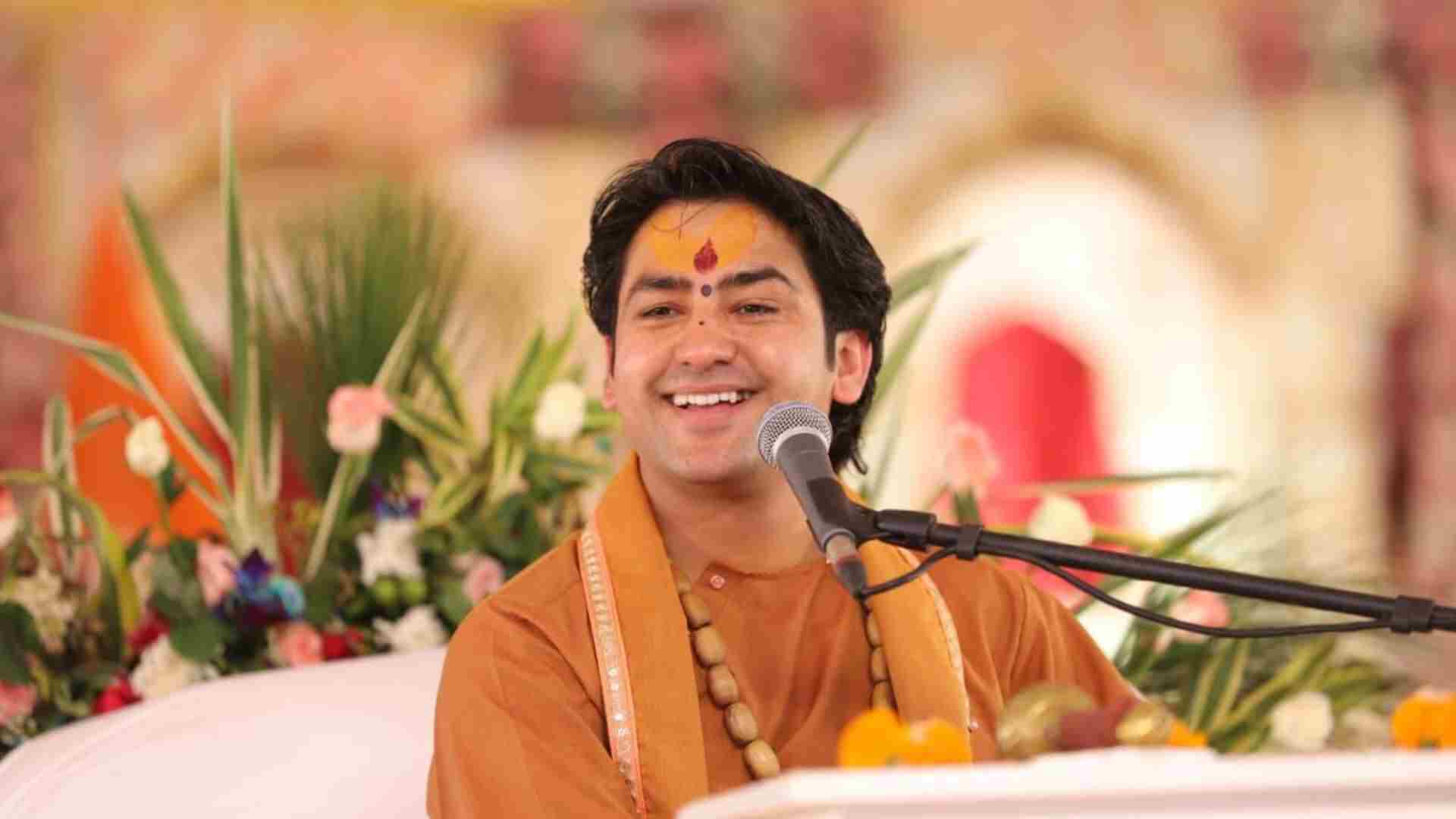
As we stand on the eve of Constitution Day, marking 75 years since India adopted its Constitution, it is an apt moment to reflect on the legacy of the document that governs our democracy. For far too long, the Constitution, once the beacon of hope and aspiration for millions, had been reduced to a mere token of political convenience. A political class, obsessed with power, gradually undermined its sanctity, and over the years, we saw repeated instances where the constitutional fabric was torn apart. The very idea of democracy and the rights it bestows on the people was systematically weakened by those who should have been its guardians.
The Congress party, in particular, has a dark history when it comes to tampering with the Constitution. One of the most blatant examples of this was the misuse of Article 356, which allowed the central government to dismiss democratically elected state governments at will. Between 1950 and 1975, Article 356 was invoked 90 times, an astounding misuse of power that reflects how centralization took precedence over the autonomy of states. In many cases, Congress governments in power used this provision to crush opposition in states, disregarding the democratic will of the people.
But perhaps the darkest chapter in this history was the Emergency of 1975, when Prime Minister Indira Gandhi suspended fundamental rights, crushed dissent, and took the country closest to dictatorship in modern times. The Emergency was the ultimate affront to the Constitution, and it shook the very foundations of Indian democracy. Furthermore, the Congress systematically undermined the independence of the judiciary, evident in the notorious instances where judges who were not in favour of the government were superseded, all in an attempt to control the judicial system for political gains.
In contrast, under the leadership of Prime Minister Modi, the country commemorated the Samvidhan Hatya Diwas to honor those who fought against this grave subversion of constitutional values, such as Jayaprakash Narayan, Lal Krishna Advani, and others who preserved the democratic spirit of the country in the face of tyranny.
In the years that followed, the Congress party continued its subversive tactics. The incident of Rahul Gandhi, tearing up a lawfully passed ordinance on coal mining by his own party in power requires no iteration. Congress made a habit of using reservation as a political tool, often weaponizing it to secure votes while ignoring the actual needs of the marginalized communities. The issue of OBC reservation in educational institutions and government jobs became a mere means to exploit the sentiments of the electorate, instead of genuinely addressing the socio-economic disparities that exist. This deprived the already-vulnerable sections of society to fully realise their aspirations for years.
With this backdrop of constitutional decay, Prime Minister Narendra Modi’s government has brought much-needed healing touch. His tenure has been marked by a deep respect for the Constitution and a commitment to strengthening its spirit. The Modi government has consistently worked to empower the marginalized and strengthen the democratic values enshrined in the Constitution.
A landmark move came with the Triple Talaq Bill, which was passed to ensure dignity and respect for Muslim women, enabling them to live free from the threat of arbitrary divorce. This is in line with BR Ambedkar’s vision that the progress of society is inseparable from the progress of its women. His words ring true: “The progress of any society is marked by the progress of its women.”
The Nari Shakti Vandan Adhiniyam, which enshrines the reservation of women in the Legislature, is another step towards realizing this vision. The Constitutional status of the National Commission for Backward Classes (NCBC) and the EWS reservation for economically weaker sections are other remarkable achievements in this direction, reflecting the government’s commitment to uplifting those at the bottom of the social ladder. In 2019, the Modi government also extended reservations for SC/STs for another ten years, thereby ensuring that the most vulnerable sections of society continue to receive the support they need.
In terms of education, the government has launched initiatives like the Samagra Shiksha Abhiyan and the National Education Policy (NEP) 2020, which aim to provide quality education to every child and create an inclusive, equitable education system. This is a direct nod to the Directive Principles of State Policy (DPSP) in the Constitution, which calls for the state’s responsibility to ensure access to education for all citizens.
On the economic front, Prime Minister Modi has ushered in reforms like the Goods and Services Tax (GST), a shining example of cooperative federalism that respects the autonomy of states while ensuring uniformity in the tax structure. The reduction in unemployment rates, as reflected in the latest Periodic Labour Force Survey (PLFS), and the launch of skill development programs for youth have further contributed to India’s socio-economic progress.
In the realm of healthcare, Ayushman Bharat has become the world’s largest health insurance scheme, extending coverage to over 50 crore Indians, with a special focus on senior citizens. Similarly, the PM Awas Yojana has enabled millions of families to own homes, turning dreams into reality for the common man.
In Jammu and Kashmir, where Congress’s legacy of misgovernance prevailed for decades, the Modi government has brought decisive change. By abrogating Article 370, which had allowed the region to remain isolated, the government has ensured full integration of Jammu and Kashmir with the rest of India. Under Modi, J&K has seen peaceful elections, greater representation, and substantial progress in development, ensuring the rights of its citizens.
Moreover, the digital revolution initiated by the Modi government has transformed the electoral process. For the first time, e-voting, digitized voter rolls, and online election monitoring ensure that elections are transparent and accountable, a feat unimaginable under the old Congress regime.
On matters of national security, the Modi government has taken a firm stance against left-wing extremism, insurgency, and border infiltration. The reduction in Left-wing extremism-related incidents is testimony to the government’s zero-tolerance policy towards violence, while the strategic handling of border issues with China and Pakistan has enhanced India’s geopolitical strength.
Back home in Telangana, PM Modi led government at Centre has constitently upheld its constitutional responsibility and impartially fostered State’s development. Guided by the spirit of Cooperative federalism, Centre, through schemes such as Jal Jeevan Mission, PMKisan Samman Nidhi, AMRUT etc., has ensured empowerment of citizenry guided by the vision laid down under DPSPs. The essence of federalism lies not in conflict, but in cooperation. The Central government has on several instances demonstrated political maturity of ‘whole of government’ approach.
Prime Minister Modi’s tenure has been one of constitutional revival, where democratic values are respected, and welfare measures are prioritized. Every step taken by his government has been firmly rooted in the principles of the Indian Constitution, from empowering marginalized communities to ensuring the country’s unity and integrity. Contrary to the narrative built by the Congress, which continues to paint a picture of a threatened democracy, Modi’s leadership has demonstrated an unwavering commitment to upholding the Constitution and advancing the interests of the Indian people.
As Dr. Ambedkar rightly said, “We are going to enter a life of contradictions. In politics, we will have equality, and in social and economic life, we will have inequality.” The Modi government has worked tirelessly to minimize those contradictions, ensuring that the benefits of democracy reach every Indian citizen. On this Constitution Day, we reaffirm our commitment to the Constitution, its ideals, and the journey of progress that continues to unfold under PM Modi’s leadership.
The Author is the spokesperson for BJP, Telangana.

